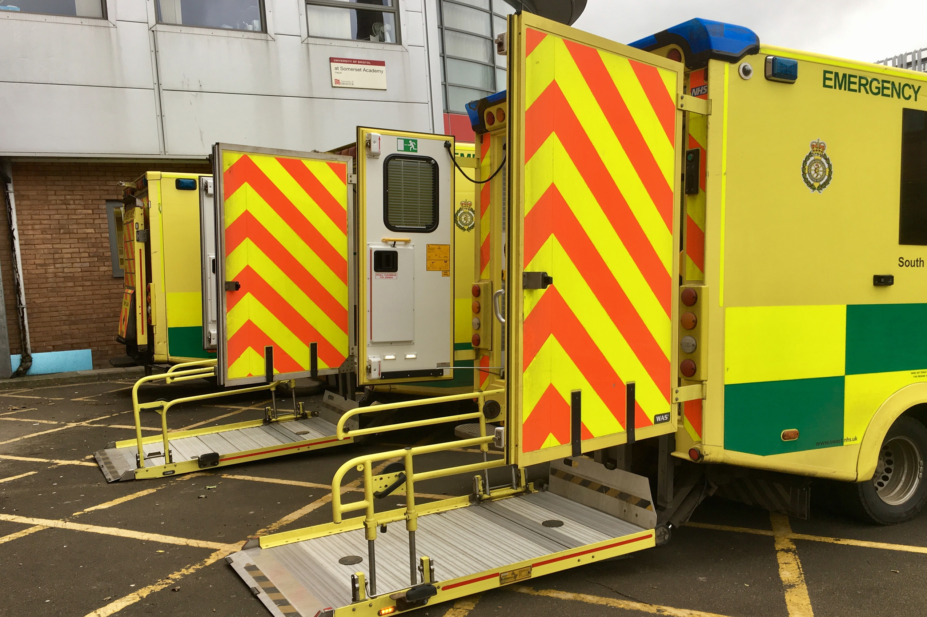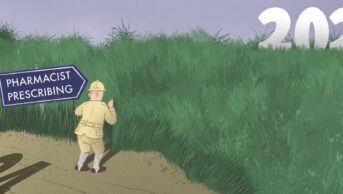
Shutterstock.com
Advanced paramedic practitioners are now entitled to train to become independent prescribers across the UK, NHS England has announced.
The move is expected to benefit patients who need help from an urgent care advanced practitioner but do not have to be admitted to hospital, such as an asthmatic who needs a course of oral steroids or a patient with a urinary tract infection that could be treated with antibiotics, NHS England said.
Up until now, registered paramedics could only supply and administer medicines to patients with an exemption or in line with a patient group direction or patient specific direction.
But an amendment to the Human Medicines Regulations (2012), which came into effect on Sunday, 1 April 2018, opened the independent prescriber door to UK advanced paramedic practitioners.
It is anticipated that around 700 of them — typically those working in hospital emergency departments, GP surgeries and minor injury units — are poised to begin training to qualify as independent prescribers. The first cohort is expected to be qualified by 2019 at the earliest.
Simon Stevens, NHS England chief executive, said allowing paramedics to prescribe would transform emergency care, “as ambulance clinicians increasingly become part of community urgent treatment services”.
“In the NHS’s 70th year, home visits by advanced paramedics and increasing use of clinical pharmacists and mental health therapists are among the practical ways the health service continues to innovate and adapt to the changing needs of patients and the population,” he added.
Gerry Egan, chief executive of the College of Paramedics, said: “Independent prescribing legislation is a huge endorsement of the paramedic profession and the role it plays in providing safe, high-quality care for patients in urgent and emergency care.
“This is great news for patients and the profession, and is the culmination of many years of preparatory work. This important development demonstrates the level of confidence policy-makers and other professions have in paramedics in the UK.”
Some 30% of the College’s members work in non-traditional settings, but in November 2017, Egan admitted that “there is still a whole group of people who think that we still [only] drive an ambulance and take people to hospital”.
While GPs who employ advanced paramedics understand their potential, Egan said “there are still a group in the GP world who don’t see the benefit that comes from working with paramedics”.
The changes to the medicines legislation — required to allow paramedics to become independent prescribers — apply across the UK; however, it is up to individual devolved governments to make the necessary changes to NHS regulations that are needed to allow for this reform.
You may also be interested in

A prescribing service for England’s pharmacies: everything you need to know

Electronic prescribing system for pharmacy pathfinder programme should be ready from spring 2024, says IT provider
